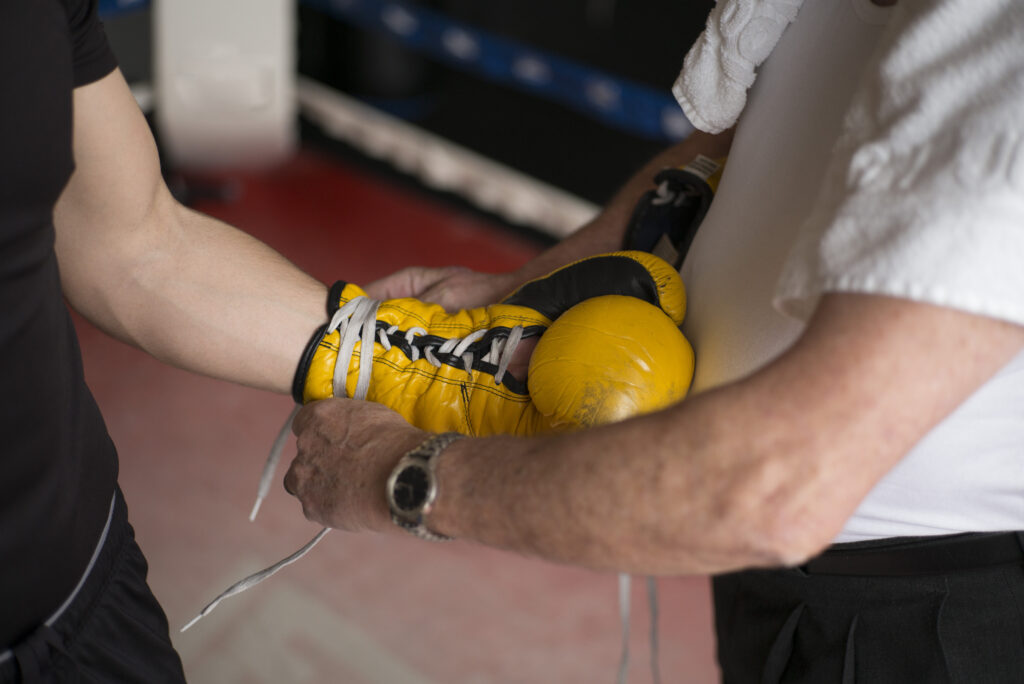Toxic relationships can be one of the biggest threats to someone trying to recover from addiction. Whether it’s a partner, friend, or family member, the people we surround ourselves with can either support our healing or sabotage it. For many in early recovery, learning to recognize and let go of toxic influences is just as important as abstaining from substances.
What Is a Toxic Relationship?
A toxic relationship is any relationship that consistently harms your mental, emotional, or physical well-being. These relationships are often filled with manipulation, control, codependency, dishonesty, or unresolved trauma. In the context of addiction, toxic relationships can involve enabling behavior, substance use together, emotional volatility, or guilt-tripping someone who is trying to change.
Examples include:
- A friend who continues to use and pressures you to join
- A partner who minimizes your addiction or your efforts to get clean
- A family member who manipulates or emotionally abuses you
- A relationship built on codependency, where your self-worth depends on fixing or saving someone else
These dynamics can make it nearly impossible to stay focused on recovery. When your environment is unstable or emotionally draining, it undermines your ability to heal.
Why Toxic Relationships Are Dangerous in Recovery
Addiction thrives in chaos, secrecy, and emotional distress. Toxic relationships often fuel all three. They can:
- Trigger relapse through stress, conflict, or exposure to substances
- Reinforce feelings of shame, worthlessness, or helplessness
- Distract from the internal work recovery requires
- Isolate you from healthy support systems
- Undermine your confidence and sense of progress
Early recovery is already a vulnerable time. It takes energy, boundaries, and clarity. Toxic people drain all of that, making it easier to slip back into old habits.
Healing Means Setting Boundaries
At Etowah Recovery Center, we help clients identify unhealthy relationship patterns and build the tools to set boundaries. This might mean limiting contact, establishing new expectations, or in some cases, walking away entirely.
It’s not easy, especially when the toxic person is someone you love. But healing requires putting your recovery first. We often remind our clients, you can’t heal in the same environment that made you sick.
Our therapy programs, including individual counseling, group support, and family therapy, give you a safe space to explore these relationships and decide what’s worth keeping and what needs to change. Recovery isn’t just about quitting substances, it’s about rebuilding your life—including the relationships you allow in it.
Choosing Healthy Support
One of the most powerful things you can do in recovery is surround yourself with people who want to see you win. This includes:
- Sponsors or mentors in 12-step programs
- Peers in group therapy or recovery meetings
- Therapists and counselors
- Family members committed to healing and growth
- Friends who respect your boundaries and sobriety
At Etowah Recovery Center, we help you create a network of support that is rooted in respect, honesty, and mutual care. These relationships become your foundation—strong enough to withstand the challenges of long-term sobriety.
You Deserve Peace, Not Pain
Toxic relationships don’t just hurt your feelings, they can sabotage your future. If you’re working hard to stay sober but still feel weighed down by certain people in your life, it may be time to reevaluate who gets access to your energy.
Recovery is a chance to start over, not just with substances, but with the way you let people treat you. At Etowah Recovery Center, we’re here to help you navigate every part of that journey.





